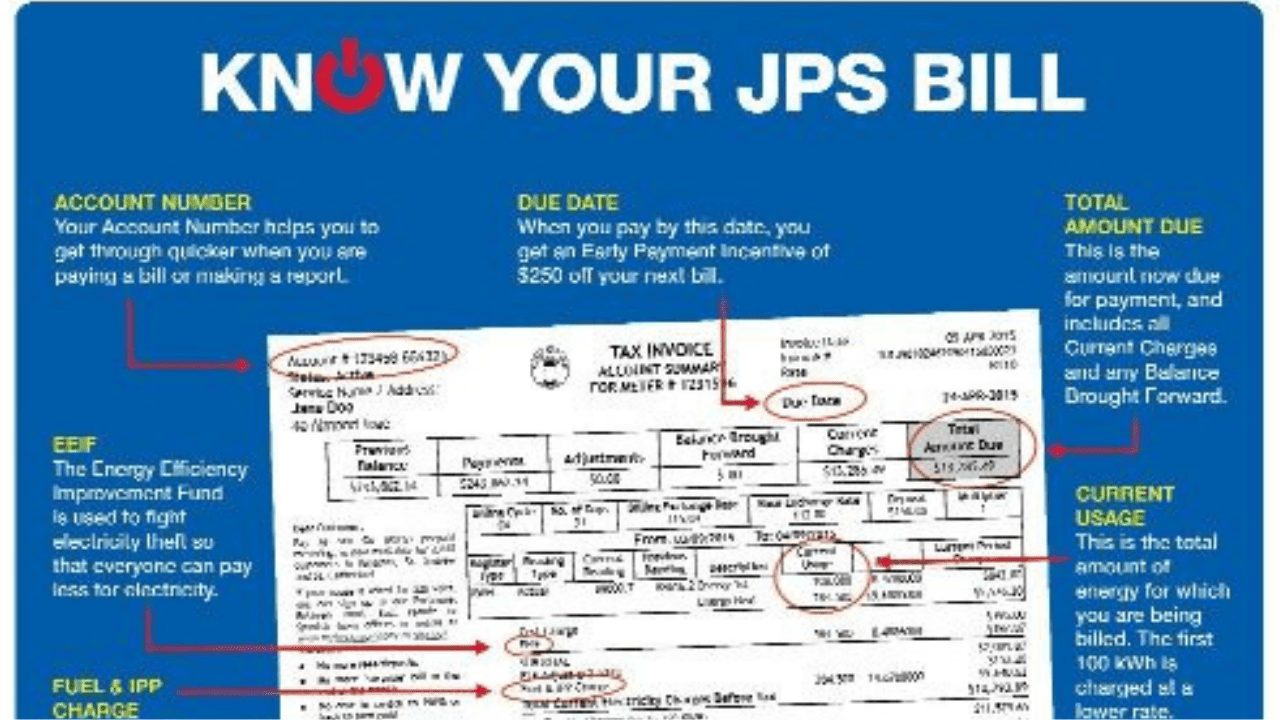
What You Need to Know About Rental Increases in Jamaica
Renting a property in Jamaica comes with its own set of responsibilities, one of which is understanding the possibility of rent increases. While rental hikes are a common occurrence in many places, it’s important to know what laws and guidelines govern these increases and how you can manage them. This blog will provide you with an overview of what to expect and how to handle rental increases in Jamaica.
1. The Rent Restriction Act of Jamaica
In Jamaica, rent increases are governed by the Rent Restriction Act. This law is designed to protect tenants from excessive rent hikes while also ensuring landlords receive a fair return on their property. If your rental falls under the Rent Restriction Act, your landlord is required to adhere to certain guidelines when increasing rent.
Properties covered under the Act include older buildings and those located in urban areas. If you're renting in a newly developed or high-end area, however, the Act may not apply. It's important to confirm whether your property is under the Act before signing a lease.
2. Notice of Rent Increase
In Jamaica, landlords must provide tenants with a formal written notice before increasing rent. This notice period allows tenants to prepare for the increase or negotiate if necessary. Typically, the notice period for a rent increase is at least 30 days, but it’s a good idea to check your lease agreement for any specific provisions related to rent adjustments.
Make sure the notice you receive outlines the percentage of the increase, the new rental amount, and when it takes effect. If you're unsure whether the increase is justified, you can review it with local authorities or the Rent Board, especially if the property is under the Rent Restriction Act.
3. Frequency of Rental Increases
Landlords in Jamaica are generally allowed to raise rent once a year, but this can vary depending on the terms of your lease agreement. Be cautious of landlords attempting to raise rent multiple times within a year or without proper notice, as this may not comply with the law. If you suspect the increase is unfair, you can contact the Rent Board to review the situation and determine whether it’s within legal bounds.
4. How Much Can Rent Increase?
The amount by which your rent can increase varies. For properties covered by the Rent Restriction Act, landlords need approval from the Rent Assessment Board before imposing a rental hike. The board will review the property to ensure the increase is justified based on its condition, location, and market trends. Without this approval, landlords are not legally allowed to raise the rent beyond a certain limit.
For newer developments or properties not covered by the Act, landlords have more freedom to set rent increases according to market rates. In such cases, it’s advisable to review the current market trends in your area to gauge whether the increase is reasonable.
5. Negotiating a Rent Increase
As a tenant, you have the right to negotiate a rent increase with your landlord. If the proposed hike is too steep or seems unjustified, consider discussing alternative arrangements. You can propose a smaller increase, or if the landlord is open to it, negotiate improvements to the property in exchange for the higher rent.
Effective negotiation can lead to a more manageable rental amount, so it’s always worth having a conversation with your landlord before accepting a rent increase at face value.
6. When to Seek Legal Help
If you believe your landlord is raising the rent illegally or not adhering to the Rent Restriction Act, you can take the matter to Jamaica’s Rent Assessment Board. The board can intervene to review the rental agreement and ensure that all rent increases are legal and justified. Seeking legal advice can also help you understand your rights and how to protect them if your landlord attempts an unfair increase.
7. Planning for Future Rent Increases
Rental increases are an inevitable part of being a tenant, but planning for them can help reduce financial strain. It's a good idea to anticipate potential rent hikes when budgeting for your living expenses, especially if you’re renting in a high-demand area. Set aside a portion of your income each month to cover potential increases, so you’re prepared when your rent eventually goes up.
Conclusion
Understanding rental increases in Jamaica can help you avoid surprises and make informed decisions as a tenant. Always be aware of the laws that govern rent hikes, especially if your property is under the Rent Restriction Act. If you're ever unsure about a rent increase, don’t hesitate to seek guidance from the Rent Board or negotiate directly with your landlord. By staying informed, you can protect yourself from unfair practices and ensure that your rental experience remains positive.



